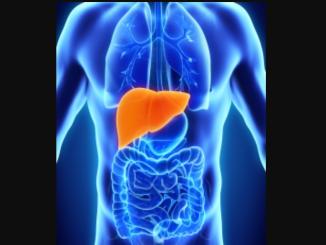We have all been in a dilemma sometime or the other whether to have that banana or a smoothie before exercise or not. Worry no longer as a new study has found that exercising on empty stomach helps in burning more body fat. It would also fuel your metabolism, boosting your health in the long run.
Researchers from University of Bath in the UK analyzed effects of eating versus fasting on gene expression in adipose (fat) tissue in response to exercise.
After eating, adipose tissue "is busy responding to the meal and a bout of exercise at this time will not stimulate the same (beneficial) changes in adipose tissue", explained corresponding author of the study Dylan Thompson from University of Bath in Britain.
The researchers noted in the study published in the American Journal of Physiology -- Endocrinology and Metabolism, "This means that exercise in a fasted state might provoke more favorable changes in adipose tissue, and this could be beneficial for health in the long term. We propose that feeding is likely to blunt long-term adipose tissue adaptation to regular exercise."
The study was conducted on a group of overweight males. The volunteers walked for 60 minutes at 60% maximum oxygen consumption on an empty stomach, and on another occasion for two hours after consuming a high-calorie carbohydrate-rich breakfast. Multiple blood samples from the volunteers were taken after eating or fasting and after exercising, along with fat tissue samples that were collected immediately before and one hour after walking. The analysis report revealed that gene expression in the adipose tissue differed significantly in the two trials. It was found that the expression of two genes, PDK4 and HSL, increased when the men fasted and exercised and decreased when they ate before exercising.
The rise in PDK4 could be an indicator indicates that stored fat was used to fuel metabolism during exercise instead of carbohydrates from the recent meal.
In the study Thompson also indicated that HSL typically increases when adipose tissue uses stored energy to support increased activity, such as during exercise. These results reinforce the view that "adipose tissue often faces competing challenges," Thompson wrote. "This is the first study to show that feeding prior to acute exercise affects post-exercise adipose tissue gene expression," the study said.



























